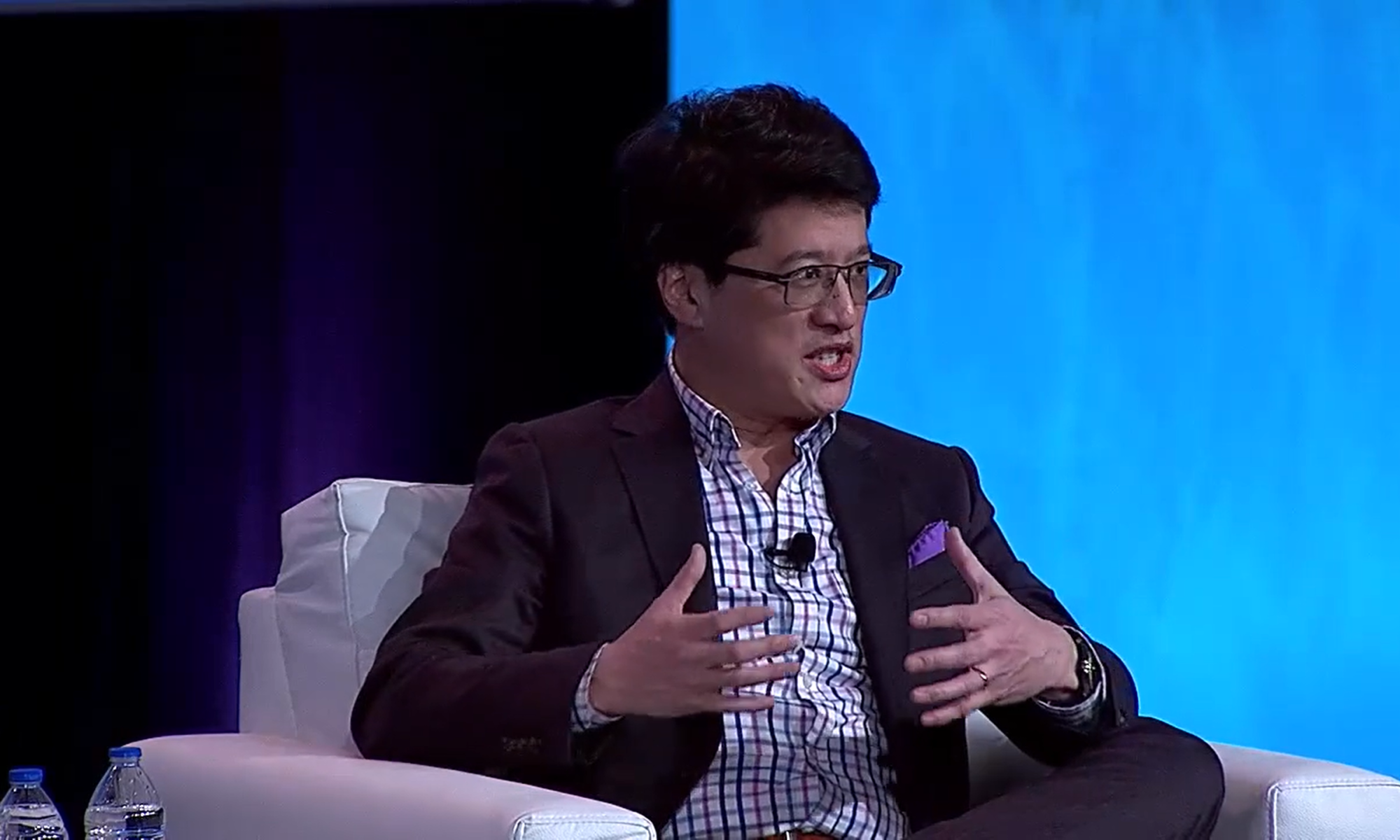Business school and management consulting firms provide their people with methodologies, best-in-class practices, historical case studies, scientific techniques, and the like as a foundation to the knowledge base. Usually there’s a past experience, a past consulting project … something for consultants to draw on to solve a client’s problem in the present.
But cases arise when a consultant in the field needs to solve a problem where it is (for all practical purposes for one reason or another, e.g., lack of sufficient time) impossible to draw from any prior experiences or any general framework. Problems of this flavor posed to me in the past include:
- figuring out the optimum workflow for an outsourced function where the client is one of only two direct competitors in a closed industry where standard reference models are unknown
- examining the operating model of a biofuel business (where I had no prior industry experience)
- sizing the business value and economic value of a human life (for insurance and product development purposes)
- valuing the price of a lease instrument that had never been created before (but that could be modelled ("mimicked") as three separate instruments that had been created and valued before)
- predicting the nature of a competitor’s bid (based on imperfect and annecdotal information on their salesforce structure, estimations of sales quotas, estimations of sales cycle times, # deals, etc.)
I often liken the complexity and fuzziness of such situations to the situation of being posed the problem of having to take apart a locked car with one’s bare hands, without the assistance of tools, machines of any kind, or prior knowledge of past practices. How would you take apart the car quickly and if your life depended upon it?
Philosophically, one might try to breach the exterior of the car to get inside, where it might be easier to disassemble parts. One might break the window first, remove winshield wipers for make-do tools, use metal parts from the wipers as screwdrivers, unscrew pieces of the dashboard, and then try to move on from there. (Note that there’s no one way to approach the problem, but there are some ways that are probably less effective than other approaches).
The real point of my post is that a creative, never-give-up type of mentality is required, if anything as a last resort for a consultant. This same can probably also be said of entrepreneurship and other business scenarios, but I tend to associate this characteristic more with consulting (probably because of the project-driven, problem-solving nature of the practice). The Tao of Taking Apart Cars With One’s Bare Hands is a lesson in creativity, fortitude, and resolve in problem solving.
